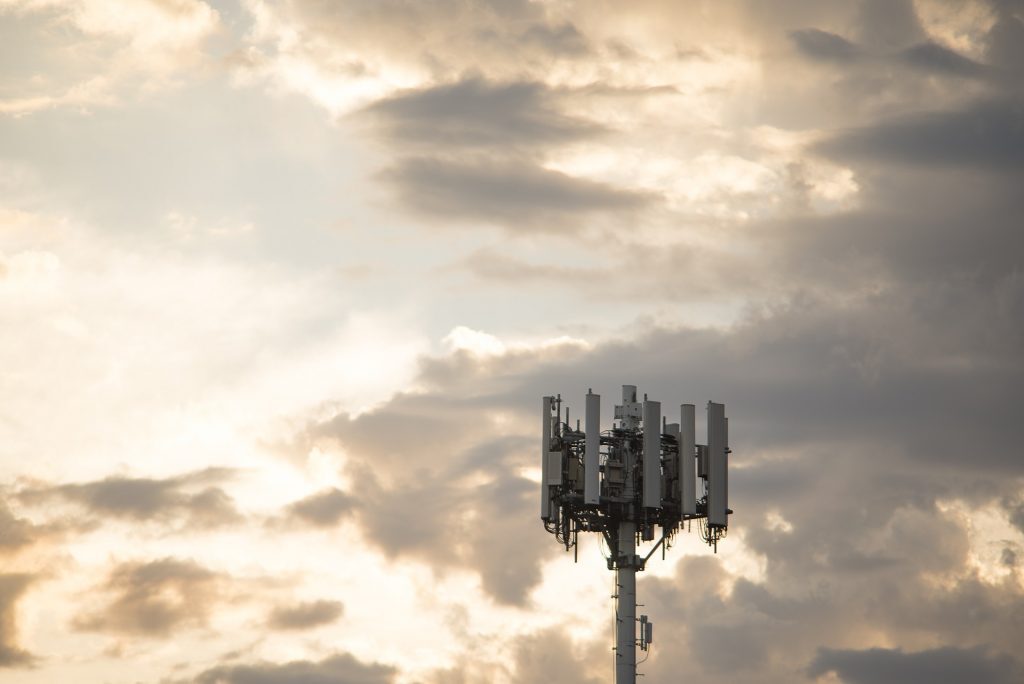There were two victories last week. The most obvious was obviously the Springboks winning the Rugby World Cup final with blistering intent and an unplayable game plan that played to our brawny strengths.
It was a masterclass in Springbok rugby, forwards-based and brutal. It was a triumph which has done more to unite our fractured country than anything else lately, reminding even the sceptics of how powerfully sport can bring people to together. As long as we’re winning, right?
But a day before there was more minor, but not unimportant, a victory for common sense. And telecoms. The Independent Communications Authority of SA (Icasa) announced it was starting the process of licensing spectrum for much faster fifth-generation (5G) mobile networks, as well as 4G. This long-awaited process – promised by both President Cyril Ramaphosa and finance minister Tito Mboweni – could see licences being issued as soon as next year. And potentially more 5G networks being rolled out by 2020.
Data-only provider Rain already has a 5G network – notably the first in Africa – but it is currently quite small and based in Joburg and Tshwane. It’s aggressively priced offering will take some matching: R1,00 a month for unlimited 5G data.
Icasa issued an information memorandum for the spectrum on Friday, which also outlines the intended licensing of the 4G spectrum – something that should have happened a decade ago.
The memorandum correctly points out: “The licensing of high demand spectrum is one of the critical components to facilitate deployment of digital infrastructure to ensure that all consumers and the business environment participate meaningfully in future Information and Communications Technology (ICT) opportunities towards the digital economy”.
This is somewhat long-winded music to the ears of the cellular industry in South Africa, which has been clamouring for access to these frequencies for years. Part of the reason, these operators have long argued, that their prices remain high, is because they don’t have access to this highly sought-after spectrum. No more excuses for a lack of price reductions after this.
“Towards the digital economy” is a clumsy phrase, thick with government-speak, but digital is certainly the future. That is self-evident. As is the wisdom of bringing down telecoms costs. Cheaper calls and data enable more economic activity.
As Mboweni mentioned in his August policy document, “an increased supply in broadband through the release of the spectrum will reduce prices”. This paper argued that
the cost of telecommunications could be 25% lower within three years.
And, helpfully given the state of the State’s haemorrhaging Fiscus, the spectrum licensing fees could bring in anything from R5bn to R20bn, estimates TechCentral editor Duncan McLeod.
That will make Mboweni, who has sadly taken a sabbatical from Twitter, as happy as having a Lucky Star curry. The added benefit will be the economic activity it will stimulate through faster, and cheaper, internet access.
Unfortunately, the contentious wholesale open-access network (Woan) concept is retained, but as a licence, condition to bring in smaller players and only a percentage of the allocated spectrum.
Winning is contagious, the saying goes, so let’s hope these two victories keep the country moving in the right direction.




